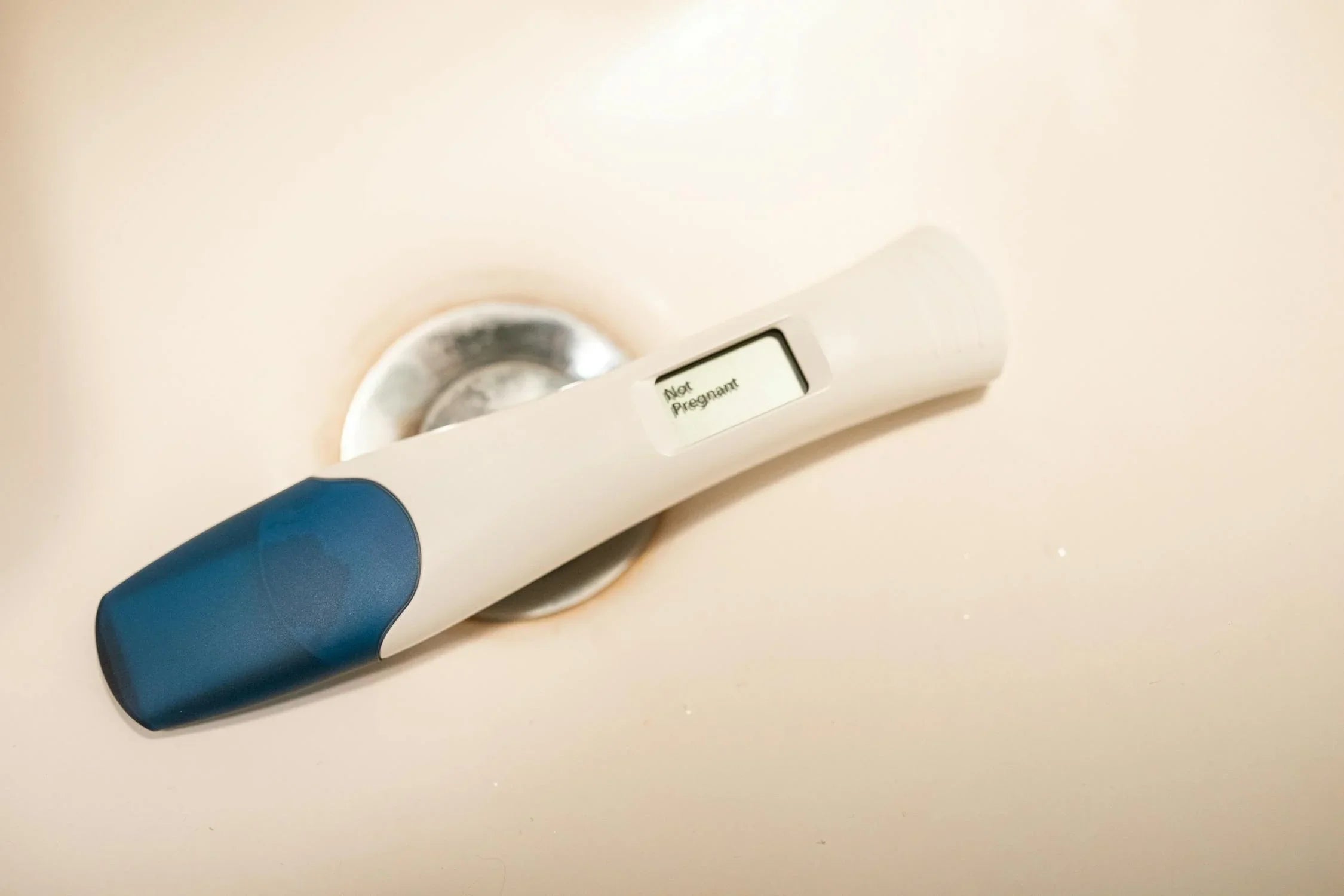Startseite
Pregnancy, Breastfeeding, and Pumping: The Ultimate Guide for Moms
When Is the Best Day to Take a Pregnancy Test?

When Is the Best Day to Take a Pregnancy Test?
When it comes to determining the best day to take a pregnancy test, timing is everything. Taking the test too early can lead to false negatives, while waiting too long might delay important decisions. Understanding the science behind pregnancy tests and the factors that influence their accuracy can help you choose the right moment to take the test.
Understanding How Pregnancy Tests Work
Pregnancy tests detect the presence of human chorionic gonadotropin (hCG), a hormone produced by the placenta after a fertilized egg attaches to the uterine lining. The levels of hCG increase rapidly in the early stages of pregnancy, doubling approximately every 48 to 72 hours. Most home pregnancy tests are designed to detect hCG levels in urine, with some being more sensitive than others.
Factors That Influence Test Accuracy
Several factors can affect the accuracy of a pregnancy test, including the sensitivity of the test, the timing of the test, and the concentration of hCG in your urine. The sensitivity of a test is measured in milli-international units per milliliter (mIU/mL), with lower numbers indicating greater sensitivity. Tests with a sensitivity of 20 mIU/mL or lower are more likely to detect pregnancy earlier than those with higher thresholds.
The Best Time to Take a Pregnancy Test
The best day to take a pregnancy test depends on your menstrual cycle and when you suspect you may have conceived. For most women, the ideal time to take a test is after a missed period. This is typically around 14 days after ovulation, which is when hCG levels are high enough to be detected by most home pregnancy tests. However, if you have irregular cycles or are unsure of your ovulation date, you may need to wait longer or consider using a more sensitive test.
Early Testing: Pros and Cons
Some women may be tempted to take a pregnancy test as early as a few days before their expected period. While this can provide early results, it also increases the risk of a false negative. If you choose to test early, it's important to use a highly sensitive test and to follow up with another test after a few days if you receive a negative result but still suspect you may be pregnant.
How to Maximize Test Accuracy
To ensure the most accurate results, take the test first thing in the morning when your urine is most concentrated. Avoid drinking excessive fluids before taking the test, as this can dilute the hCG levels in your urine. Additionally, carefully follow the instructions provided with the test, as improper use can lead to inaccurate results.
What to Do After Taking the Test
If you receive a positive result, it's important to confirm the pregnancy with a healthcare provider. They can perform a blood test, which is more sensitive than a urine test, and provide guidance on next steps. If the test is negative but you still suspect you may be pregnant, consider waiting a few days and testing again, or consult with a healthcare professional for further evaluation.
Emotional Considerations
Taking a pregnancy test can be an emotional experience, regardless of the outcome. It's important to prepare yourself mentally and emotionally for the results, and to have a support system in place. Whether you're hoping for a positive or negative result, remember that the test is just the first step in a larger journey.
Common Myths About Pregnancy Testing
There are many myths surrounding pregnancy tests, such as the idea that certain foods or activities can affect the results. In reality, the accuracy of a pregnancy test is primarily determined by the levels of hCG in your urine and the sensitivity of the test. It's important to rely on scientific information rather than anecdotal advice when making decisions about pregnancy testing.
When to Seek Medical Advice
If you experience symptoms of pregnancy but receive negative test results, or if you have concerns about your fertility, it's important to seek medical advice. A healthcare provider can perform additional tests and provide guidance on potential underlying issues. Early intervention can be crucial in addressing fertility concerns or managing a pregnancy.
Choosing the best day to take a pregnancy test can make all the difference in getting accurate results. By understanding the factors that influence test accuracy and following best practices, you can increase your chances of getting a reliable outcome. Whether you're hoping for a positive or negative result, taking the test at the right time can provide the clarity you need to move forward.
Teilen

